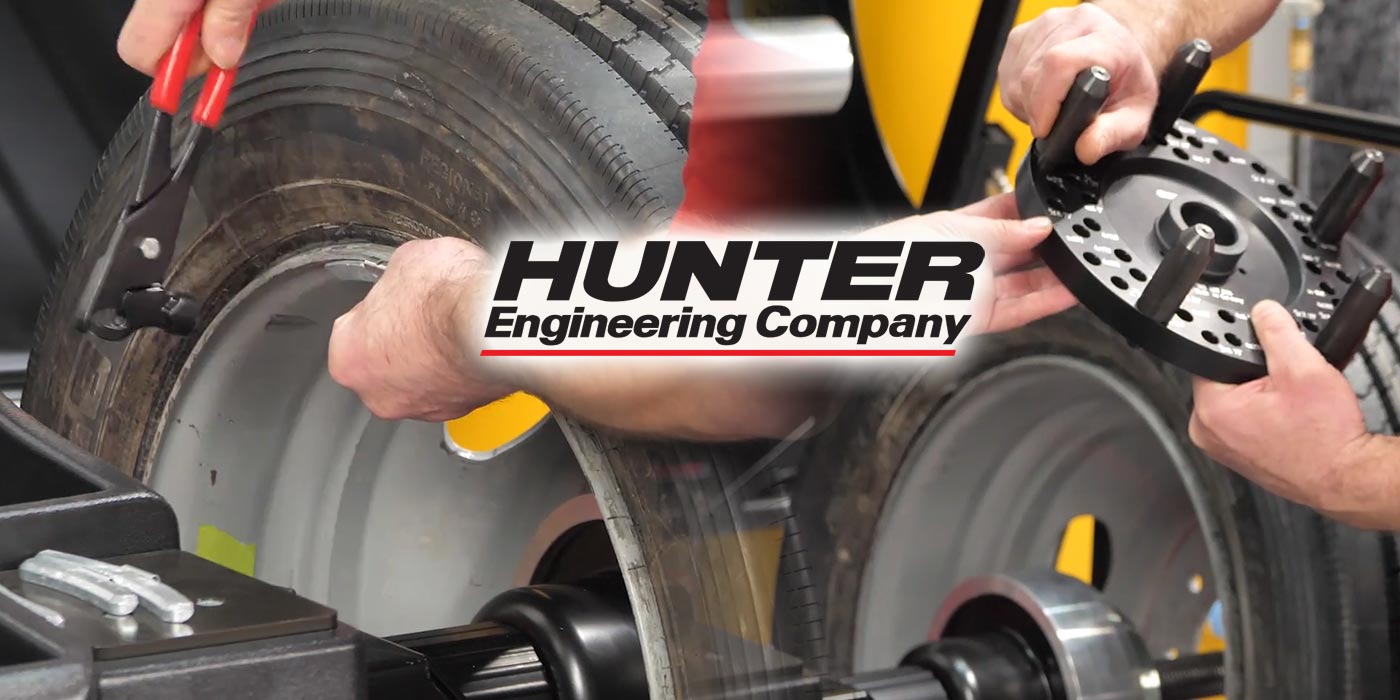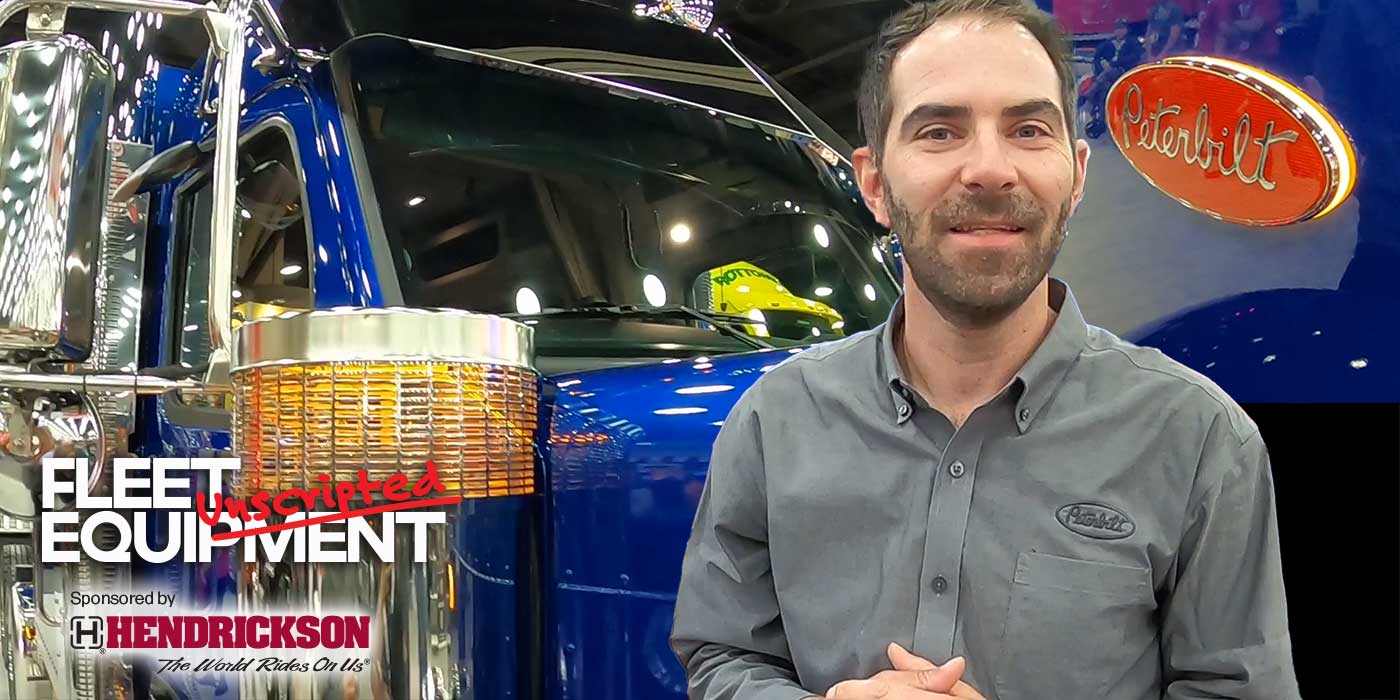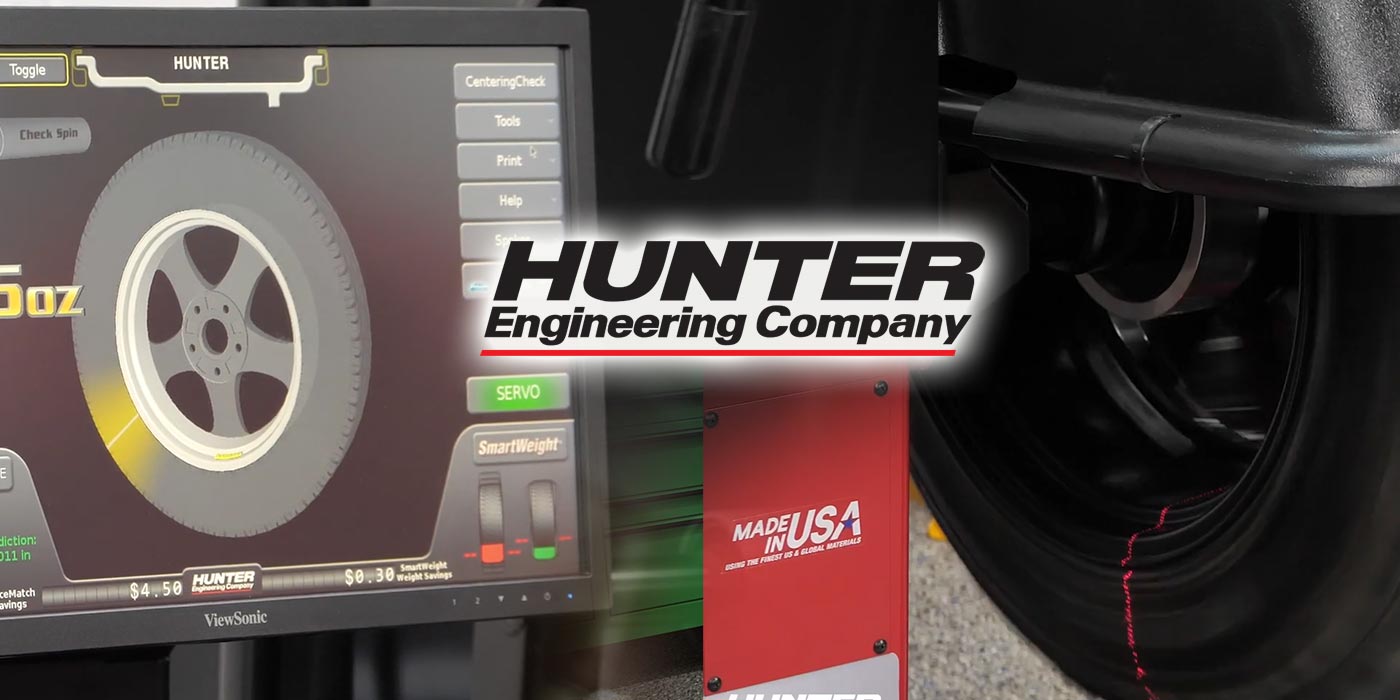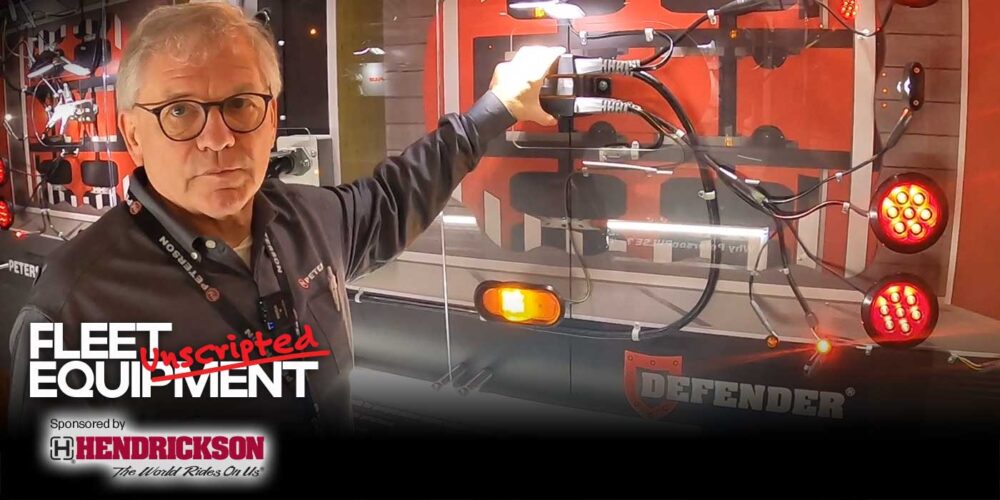A truck’s warranty is like a ticking clock. If a part is going to have a fault, you’d much rather it reveal itself on day 80 of a 90-day warranty than on day 95.
And when you do have to submit a claim, that’s complicated too, because you have to do everything right. The standard of proof is very high for a truck company to accept a warranty claim—if anything is missing or any reason is given to doubt the claim, it will not be successful. There needs to be documentation. In order to have a warranty claim successfully processed, there has to be a paper trail, and it has to be ironclad.
For a long time, that term—“paper trail”—was a literal one, and with it came the pitfalls of tracking everything by paper: missing or lost documentation, things getting lost in the mail, and so forth.
This is where the seemingly infinite amount of data streaming off of today’s trucks and parts comes in. There are two major benefits provided by data tracking when it comes to warranties: one is that it tracks everything step by step, leaving a detailed trail of documentation that doesn’t rely on paper or weirdly specific shop tendencies; the second is that it saves time in the warranty claims process as a result of this detailed tracking. All of this should lead to a higher chance of receiving the money from the company providing the warranty.
Telematics companies that track truck data often get involved in the warranty process as well. They can be a second voice in the fleet’s claim, taking a look at the data and verifying that they, too, see the documentation on what the fleet’s claiming.
Many OEMs offer multiple processes for warranty claims depending on the type of fleet that is filing the claim. Smaller fleets can work with a local dealer who files a claim on behalf of that fleet, requiring minimal knowledge or input from the fleet. On the other hand, larger fleets with their own warranty department will have the ability to file claims directly to the OEM online. You’ll want to check with your OEM about what options they offer and which is right for you.
But overall, if your processes are sound, it doesn’t matter if you’re filing your warranty claim with the truck OEM or with a third-party supplier.
When the process is automated and makes use of all that data we mentioned before, it lessens the responsibility on the individuals involved in the process—for instance, if the warranty administrator is on vacation when a claim goes through, the process can still proceed without a hitch, because everyone has access to the necessary asset details and history needed to proceed.
The use of this data goes beyond individual warranty claims—it can help identify persistent problems with particular trucks or parts, and help both fleets and OEMs get ahead of the potential need for replacements.
This data could also help simplify things even more in the future as fleets move toward using more predictive maintenance.
Watch the video above for more.
Fleet Equipment’s On The Road is sponsored by Noregon. Subscribe to our newsletter to catch every episode as we dive into the best practices and servicing information to keep your trucks On The Road.













